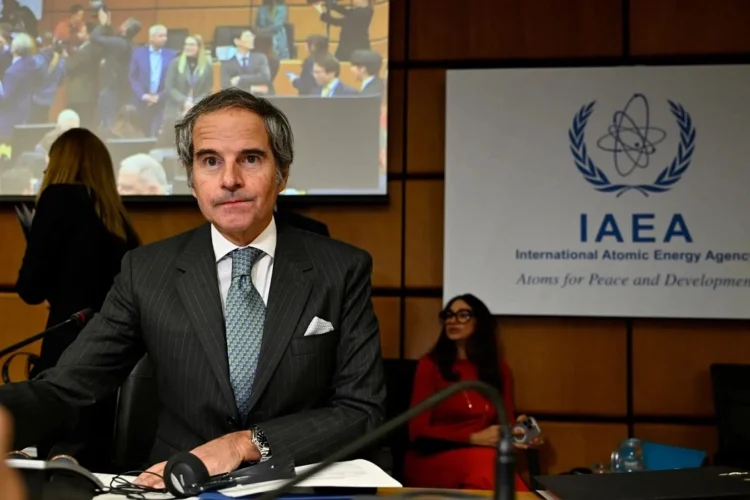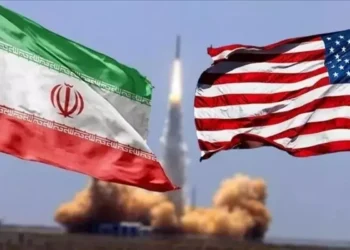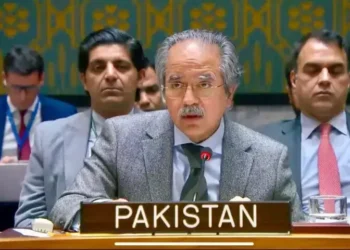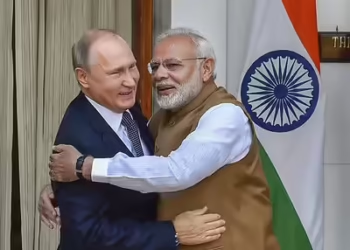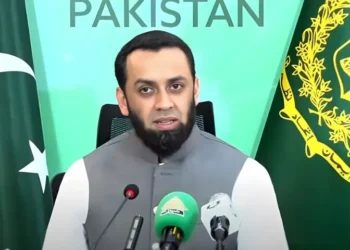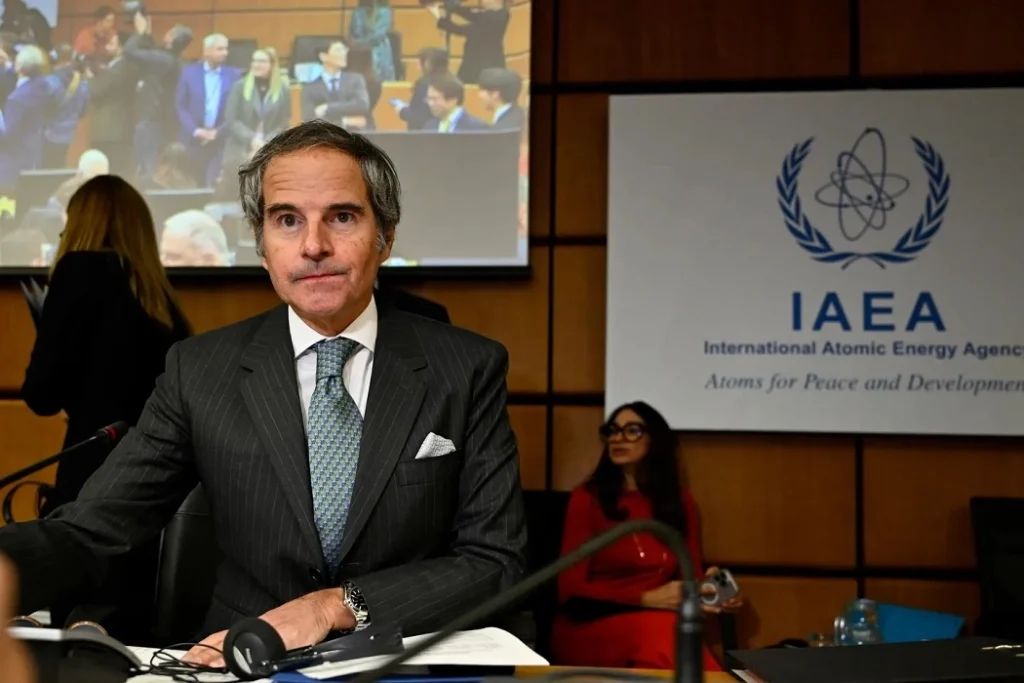
Tehran: Iran has announced it will no longer permit International Atomic Energy Agency (IAEA) Director General Rafael Grossi to enter the country and will prohibit the installation of surveillance cameras at its nuclear facilities. This significant decision was revealed by Vice Speaker of the Iranian Parliament, Hamid Reza Haji Babaei, during a ceremony honoring the martyrdom of Ayatollah Beheshti and judiciary officials.
Haji Babaei stated that Iran’s decision stems from the discovery of “sensitive facility data” within documents allegedly obtained from the Israeli regime. He implied that this breach of information compromised Iran’s nuclear security and necessitated a re-evaluation of its cooperation with the UN nuclear watchdog.
This move follows a bill recently ratified by Iran’s Guardian Council, which suspends cooperation with the IAEA. The decision comes amidst heightened tensions following a 12-day military conflict between Iran and Israel, which saw Israeli airstrikes on Iranian nuclear and military sites and Iranian retaliatory attacks on Israel. While a ceasefire was recently agreed upon, the underlying mistrust and accusations of espionage have evidently deepened.
The IAEA’s role is to verify and monitor Iran’s nuclear program through inspections and surveillance to ensure it remains peaceful. Iran had previously allowed IAEA access and surveillance as part of its commitments under the 2015 nuclear deal (JCPOA), from which the first Trump administration withdrew in 2018.
Iran’s Foreign Minister Abbas Araghchi also confirmed the decision, emphasizing that Iran would not compromise on its sovereignty and national security. He further accused the IAEA Director General, Grossi, of failing to condemn the Israeli attacks on Iran’s nuclear facilities, implying a “biased stance” that undermined the agency’s credibility.
The international community is likely to express concern over this development, as it further limits the IAEA’s ability to monitor Iran’s nuclear activities and could escalate tensions regarding nuclear non-proliferation.




















































